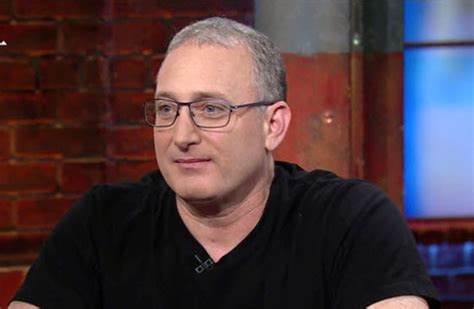A Quote by Scott Borchetta
Can a label group by itself scale to make a sensible business? I don't think so.
Related Quotes
The one great principle of the English law is, to make business for itself. There is no other principle distinctly, certainly, and consistently maintained through all its narrow turnings. Viewed by this light it becomes a coherent scheme, and not the monstrous maze the laity are apt to think it. Let them but once clearly perceive that its grand principle is to make business for itself at their expense, and surely they will cease to grumble.
I think when you're young and you get together with a group of guys who think like you and you start to make something that moves you as a group of people and you have a common goal, that's an exciting time. The more years you put behind you, hopefully making music that surpasses what you did before, you're playing bigger places and it kind of weirdly becomes a business. In my opinion young bands have a shelf life and it ranges in time.
And I think it's a prudent, responsible way, given the scale of the emergency, the scale of the damage still facing America, that we finance these additional support for the unemployed as well as the support for small business. We think there's a good case for doing it now. We want to do it in an overall fiscally responsible way.
The question itself [of UFOs] I think is legitimate. It's interesting, it's fascinating. It's mythic in scale and one of the grand questions. It's like the God question or, you know, the meaning-of-life question. It's one of those, on that scale. So you'd have to be made of wood not to be interested and, you know, have they come here? Are they up there?


































